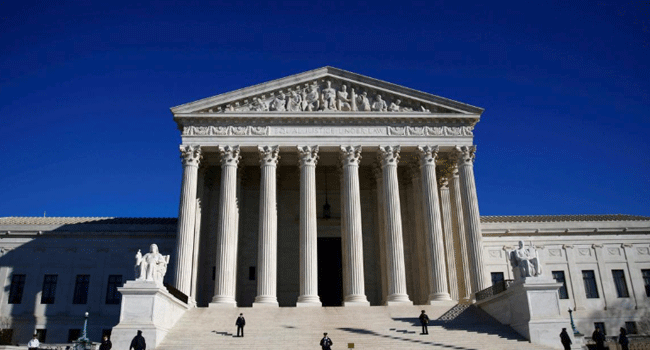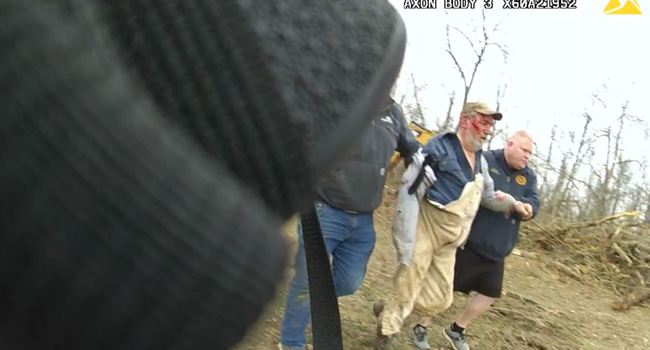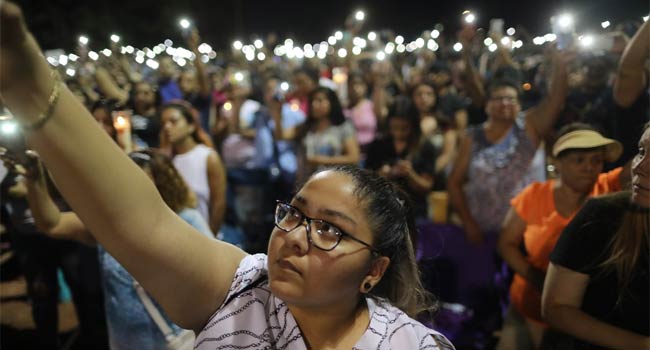The U.S. Supreme Court on Monday revived Ohio’s contentious policy of purging infrequent voters from registration rolls in a ruling powered by the five conservative justices and denounced by liberal Justice Sonia Sotomayor as an endorsement of the disenfranchisement of minority and low-income people.
In the 5-4 decision in a closely watched voting rights case in which all four liberal justices dissented, the high court overturned a lower court’s ruling that Ohio’s policy violated the National Voter Registration Act, a 1993 federal law that forbade removing voters from registration lists for failing to vote.
Voters purged from registration rolls who sued to challenge the policy in the Republican-governed state argued that the practice illegally erased thousands of voters from registration rolls and disproportionately impacted racial minorities and poor people who tend to back Democratic candidates.
The state said the policy was needed to keep voting rolls current, clearing out people who have moved away or died.
Under Ohio’s policy, if registered voters miss voting for two years, they are sent registration confirmation notices. If they do not respond and do not vote over the following four years, they are purged.
Republican President Donald Trump’s administration backed Ohio, reversing the stance taken by Democratic former President Barack Obama’s administration against the policy.
“This decision is validation of Ohio’s efforts to clean up the voter rolls and now with the blessing (of the) nation’s highest court, it can serve as a model for other states to use,” Republican Ohio Secretary of State Jon Husted said.
Writing for the majority, Justice Samuel Alito said the court was not deciding whether Ohio’s policy “is the ideal method for keeping its voting rolls up to date. The only question before us is whether it violates federal law. It does not.”
Democrats have accused Republicans of taking steps at the state level, including laws requiring certain types of government-issued identification, intended to suppress the vote of minorities, poor people and others who generally favor Democratic candidates.
The challengers criticized what they called Ohio’s “use it or lose it” policy that they said violated registered voters’ right to choose when to vote, noting that some voters do not cast a ballot when they do not support any of the candidates running.
The 1993 federal law, known by its acronym NVRA, was enacted to make it easier to register. Many states over the decades had erected to voting, sometimes targeting black voters.
In a dissenting opinion, Sotomayor said the ruling “ignores the history of voter suppression against which the NVRA was enacted and upholds a program that appears to further the very disenfranchisement of minority and low-income voters that Congress set out to eradicate.”




